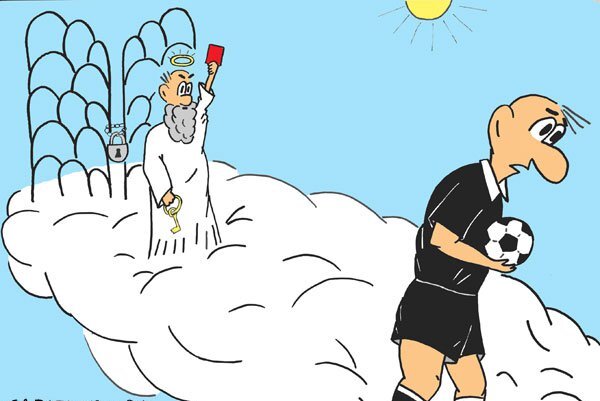Democratic forces are developing cooperation with Euronest and contribute to the isolation of the regime
 The situation has not changed
The situation has not changed

Democratic forces are striving to strengthen cooperation with the EU and post-Soviet countries at the parliamentary level through the Euronest Parliamentary Assembly project. Tsikhanouskaya’s coalition focuses on consolidating the diaspora and isolating the regime under sanctions.
Tsikhanouskaya promotes the idea of formalizing and expanding the participation of Belarusian democrats in the “Eastern Partnership” program. Among other things, this could strengthen contacts with official representatives of Armenia, Georgia, Moldova, and Ukraine. In the future, this may lead to further isolation of the Lukashenka regime from the post-Soviet space. It should be noted that this is facilitated by the suspension of official Minsk’s participation in the “Eastern Partnership” program.
Democratic forces are strengthening their positions in communication with the authorities of Lithuania after attempts to discredit the democratic movement. The Lithuanian State Security Department did not find any threatening Lithuanization in the country. The contrived nature of this problem has been repeatedly stated by the leader of democratic Belarus Tsikhanouskaya and a number of other figures of the democratic movement.
Civil society and democrats organize a large-scale Kalinouski Forum in Vilnius. At the same time, they try to increase international pressure on the Lukashenka regime with the aim of achieving repression and complicity in Russia’s aggression against Ukraine.
At the same time, democratic forces are supported by international partners. In particular, on March 15, 2024, the UN Human Rights Council published a report on the human rights situation in Belarus before and after the 2020 presidential election. The document confirms the existence of crimes against humanity in the actions of the regime. Meanwhile, Poland and Lithuania have called for the synchronization of sanctions against official Minsk and Moscow. 26 Nobel laureates call for the release of Belarusian political prisoners.
However, these actions do not affect the weakening of repression and the release of political prisoners. Official Minsk has adapted to the restrictions — largely with the help of the Kremlin. Moreover, the ruling class maintains a decent level of trade relations with Western countries — and even achieves the lifting of Western sanctions against state companies, such as “Belshina”.
Thus, democrats continue to hold ultimatum positions with the consolidation of supporters of the forceful transformation of the Lukashenko regime.
Subscribe to our newsletter




Situation in Belarus
Constitutional referendum: main consequences


 Video
Video
How to count the political prisoners: are the new criteria needed?


 Video
Video
Paternalism In Decline, Belarusian Euroscepticism, And The Influence Of Russia


 Video
Video












